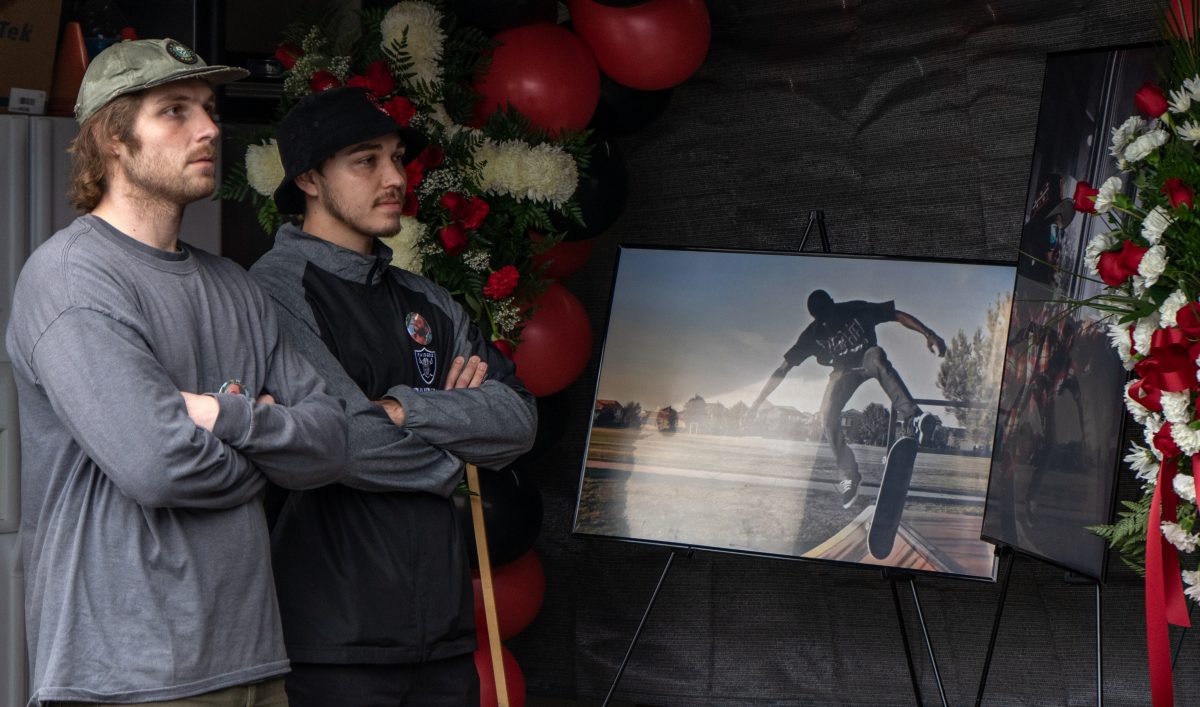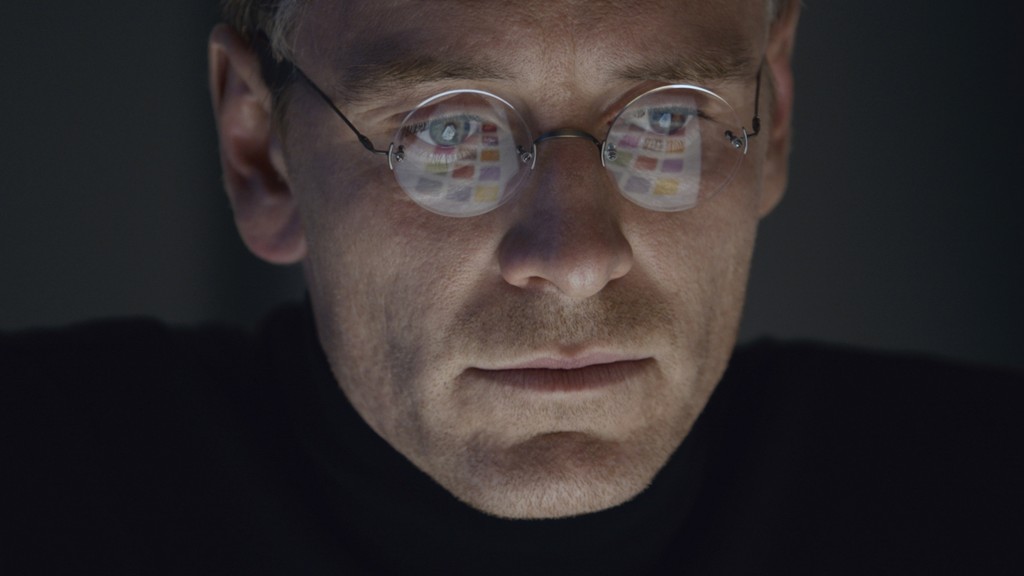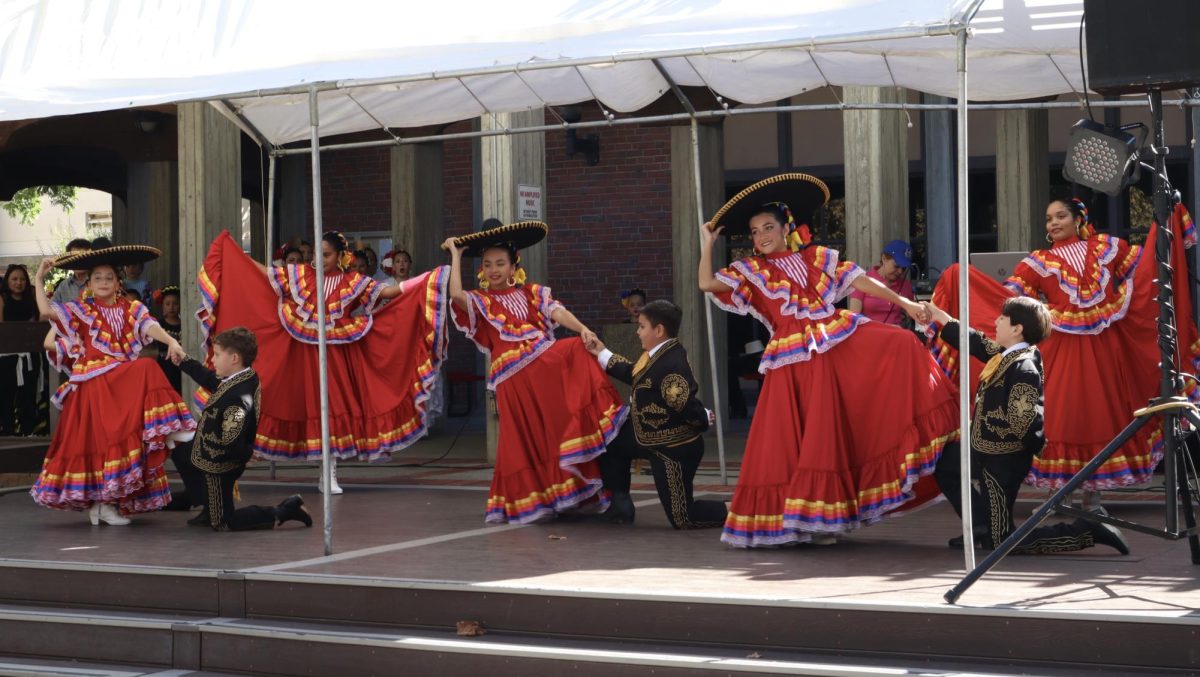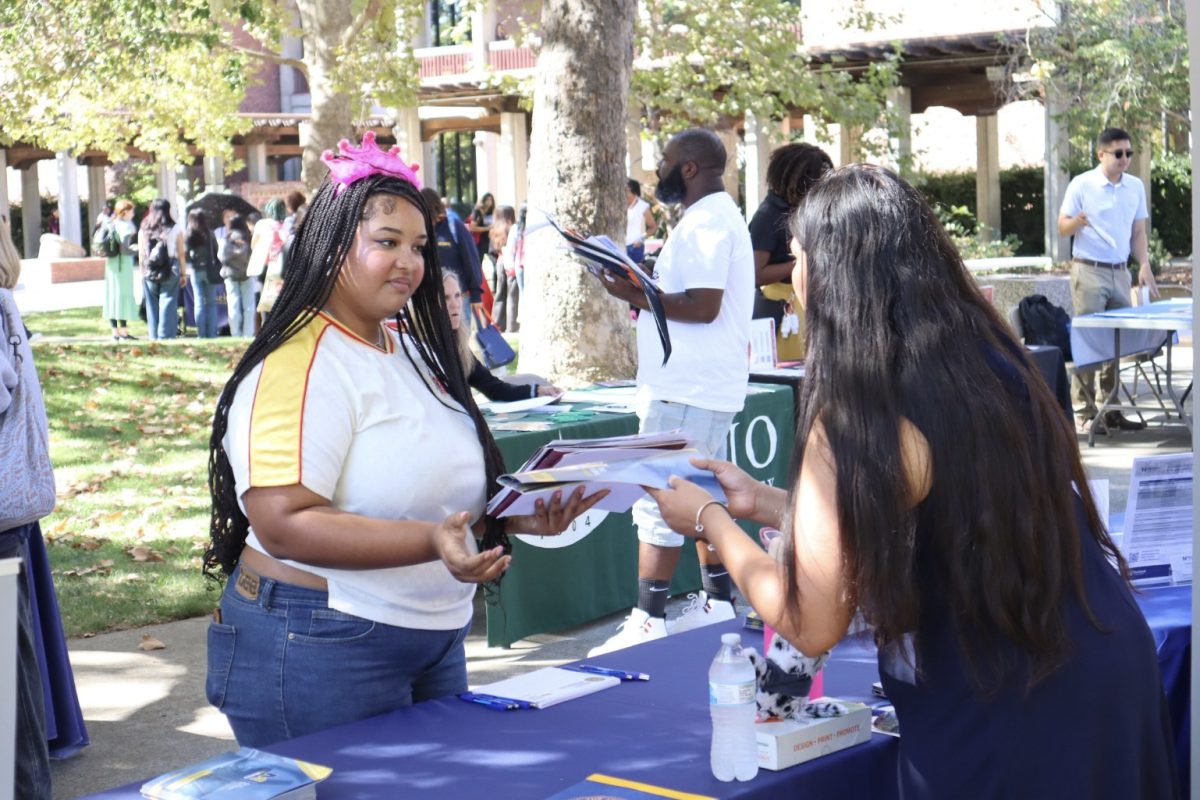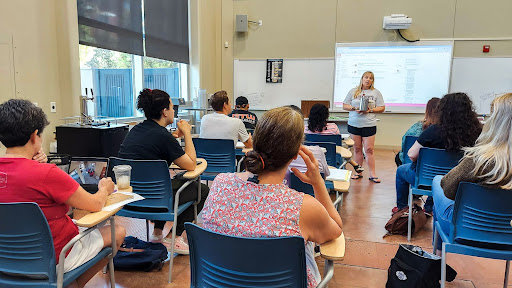“My work done my way,” says Howard Roark, the hero of Ayn Rand’s 1943 novel “The Fountainhead.” Like Roark, Steve Jobs was a man of great ego. His work was his life and vice versa. Never mind his daughter, his friends, his humanity; as long as the Macintosh said “hello” during the presentation, nothing else mattered.
Though “Steve Jobs” is based on the Walter Isaacson biography of the same name, director Danny Boyle and screenwriter Aaron Sorkin had no intentions to create an accurate biography. Instead, they chose to make modern American folklore.
Ashton Kutcher, in the 2013 biopic “Jobs”, chose to portray the man as accurately as possible. But Michael Fassbender takes Sorkin’s approach and decides to hold the myth above all, which has led to a far more superior performance by Fassbender.
This Steve Jobs is so sure of his genius that he only acknowledges that Lisa Brennan-Jobs is his daughter when she deliberately creates an abstract painting at the age of 5. Jobs holds himself in the highest regard, comparing the introduction of the Macintosh to the Allies winning World War II. At the launch for the 1998 Mac, he claims that his product is as big a game–changer as Pablo Picasso or Martin Luther King, Jr.
The folklore element is strengthened by the way the audience behave at all three product launches. They are a force of nature that is powered by Jobs’ innovation. Hence Jobs’ maxim, “Musicians play their instruments. I play the orchestra.”
In truth, no one has ever really known who the real Steve Jobs was. To his consumer base he was a 21st-century Alexander Graham Bell. To his contemporaries he was an anomaly wrapped in an enigma of equal parts hubris and braggadocio. Regardless of your feelings toward the man, the legend has changed the world.
“Steve Jobs” is playing locally in Downtown Sacramento and outlying areas at Century and United Artist theaters.


